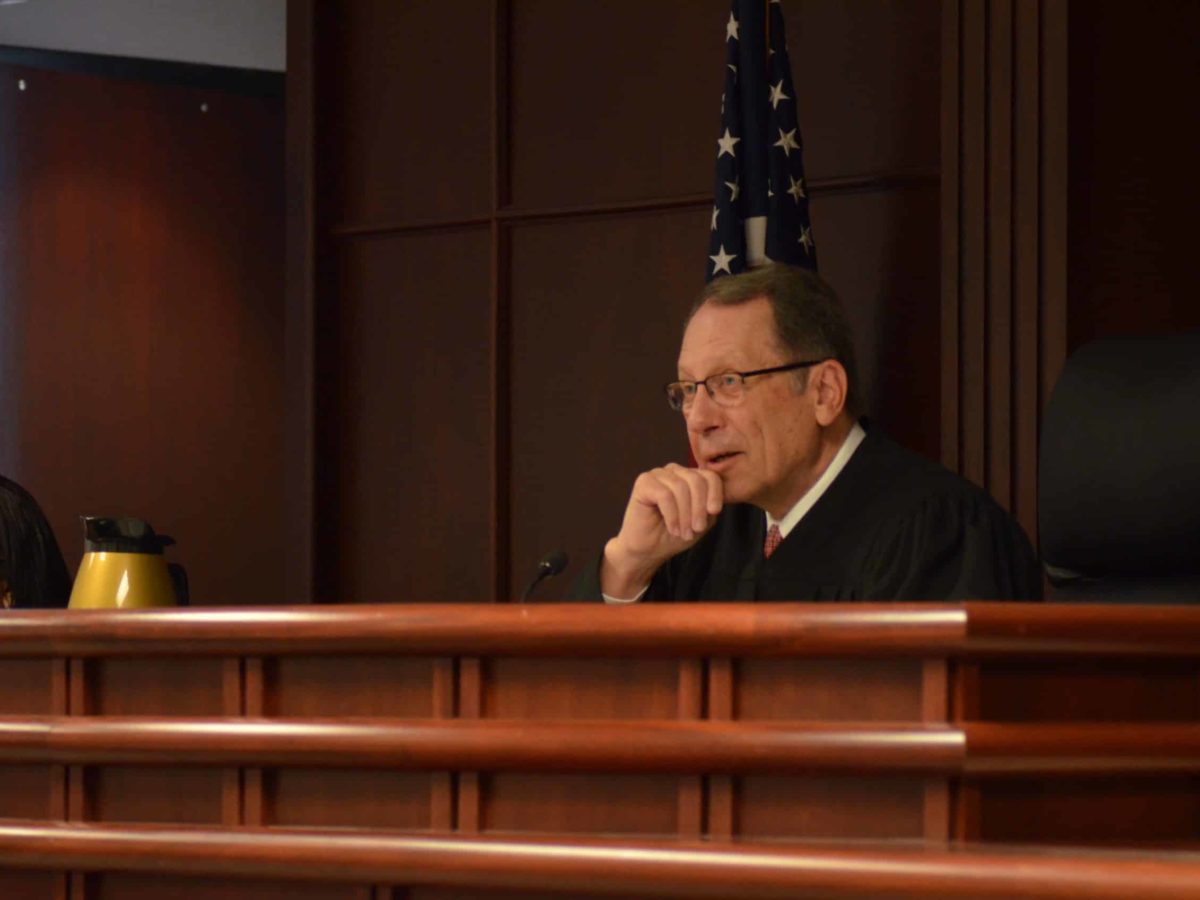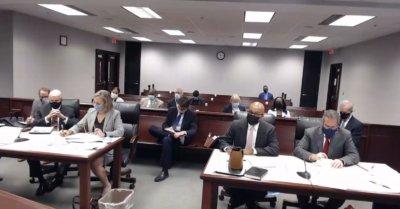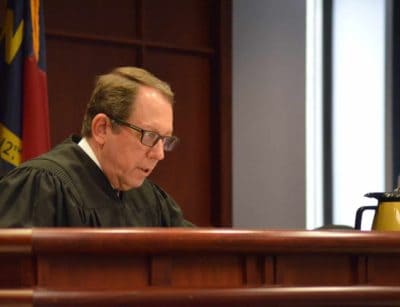
The plaintiffs in the long-running Leandro school finance case are asking Judge David Lee to order North Carolina leaders to transfer about $1.7 billion to fund a comprehensive plan aimed at ensuring students get the opportunity for a sound basic education.
According to a court filing obtained first by WRAL, plaintiffs are asking Lee to order the state budget director, controller, and treasurer to transfer from the unappropriated balance in the General Fund more than $1.5 billion to the state Department of Public Instruction, $189.8 million to the Department of Health and Human Services, and $41.3 million to the University of North Carolina System.
“The right to a sound basic education is one of a very few affirmative constitutional rights that, to be realized, requires the State to supply adequate funding. The State’s duty to carry out its obligation of ensuring this right has been described by the Supreme Court as both ‘paramount’ … and ‘sacred,'” the filing from the plaintiffs states. “Presently, the State’s ability to meet this constitutional obligation is not in question. The unappropriated funds in the State Treasury greatly exceed the funds needed to implement the Comprehensive Remedial Plan. Consequently, there is no need to make impossible choices among competing constitutional priorities.”
This is a reference to the fact that both the House and Senate budgets leave unappropriated enough money to fund the next two years of the Leandro plan.
![]() Sign up for the EdDaily to start each weekday with the top education news.
Sign up for the EdDaily to start each weekday with the top education news.
The plan calls for $690.7 million in 2021-22 and $1.06 billion in 2022-23. Both the House and Senate spending plans for the next two years leave more than $3 billion unappropriated in year one of their proposals. The Senate leaves almost $2 billion unappropriated in year two of its plan, and the House leaves more than $2.5 billion unappropriated in its year two.
The Supreme Court of North Carolina, in its landmark Leandro v. State decision over two decades ago, affirmed the fundamental right of every child to have access to a sound basic education. The courts also ruled that North Carolina was not meeting this constitutional requirement.
Since then, courts and parties involved have been trying to make this right — most recently with a comprehensive plan signed and ordered by Lee in June.
But neither the House nor Senate’s proposed budget funds anywhere near the full amount of that plan. In September, Lee gave the General Assembly until October to fund the plan through the two years of this biennium, something that the governor’s proposed budget would have done.
In last month’s hearing, Lee expressed frustration with the lack of a budget agreement between Gov. Roy Cooper and Republican lawmakers and asked plaintiffs and defendants to give him suggestions on how to hold the legislature accountable for funding.
“I think everyone knows I’m ready to pull out of the station and see what is around the next bend,” he said in October, adding later, “I’m not going to beat myself up further about our state adopting a budget … I’ve dealt with that … as long as I think I reasonably can.”
He gave the plaintiffs until Nov. 1 to submit their suggestions. Their filing came in the form of a draft motion which, ostensibly, Lee could sign without revision if he so chose.
The defendants have until Nov. 8 to respond. The Leandro case started in 1994 when families from five low-wealth counties sued the state, claiming North Carolina was not providing their students with the same educational opportunities as students in higher-income districts. A number of additional plaintiffs have come on board since then. The defendants in the case are basically the State Board of Education and the executive branch. Lawmakers aren’t a party to the case.
The plaintiff’s draft order goes to great lengths to lay out why the actions contained therein are necessary, including the fact that more than 17 years have passed since the Supreme Court ordered the state to do something about its violation of the constitutional right to the opportunity for a sound basic education for all children.
“To allow the State to indefinitely delay funding for a Leandro remedy when adequate revenues exist would effectively deny the existence of a constitutional right to a sound basic education and effectively render the Constitution and the Supreme Court’s Leandro decisions meaningless,” the draft order states.
After the defendants in the case have a chance to respond to the plaintiff’s draft motion, Lee may hold a hearing or just issue an order.
Recommended reading



